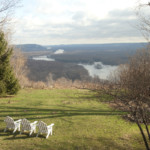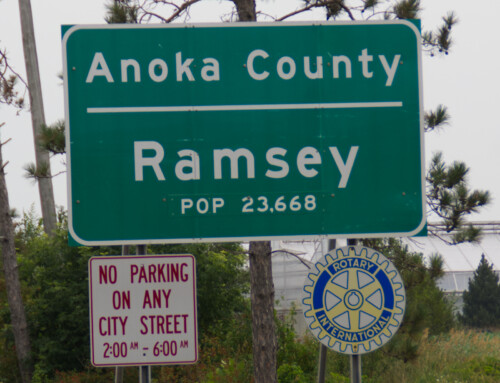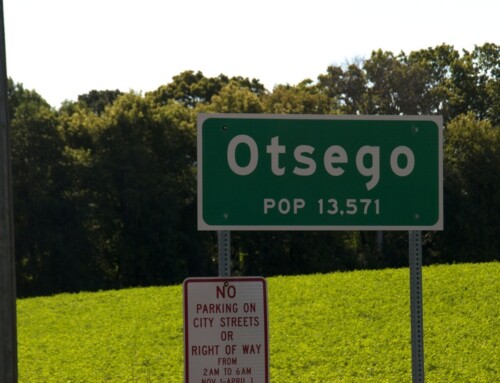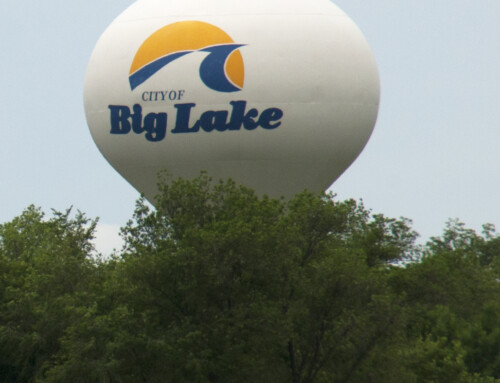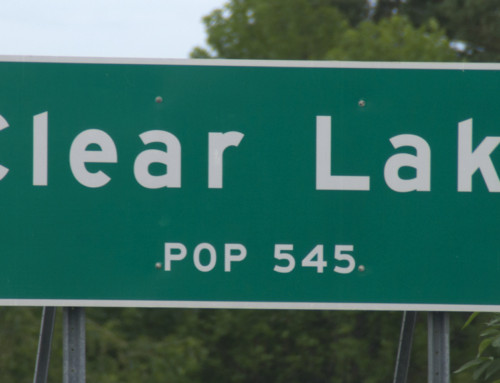Introduction
When you pass through Reads Landing today, it’s hard to believe that this community was once in the running to be the state capital and had a population of nearly 2,000. Life is much more laid back in Reads Landing today than it was in its heyday, when it was the scene of sin and vice for lumberjacks on break.
History
The village of Reads Landing is on the site of a former trading post (known as Waumadee to the Dakota) that was operated by successive generations of Rocques beginning around 1810. They sold the land to Edward Hudson, so naturally this spot became known as Hudson’s Landing. After he died, Englishman Charles Read purchased Hudson’s claim.
Read emigrated to the US at age 10 with his brother’s family. He served in the American army that invaded Canada in 1837; the 17-year-old Read was captured by the British and sentenced to hang. Luckily for Mr. Read, Queen Victoria pardoned him and let him return to the US. In 1844 he settled in Nelson’s Landing (Wisconsin), before moving across the river a few years later to establish a trading post, which angered Alexis Bailly, who already had a trading post in the area near Hastings. Read platted the village in 1856 and incorporated it in 1868 with a great deal of optimism.
Reads Landing was a thriving community with a bustling steamboat port that served the logging trade. Logs coming down the nearby Chippewa River were assembled into large rafts, then floated downriver for processing. Several hundred raftsmen would stay in town awaiting their turn to assemble and go. Reads Landing was one of the lumbermen’s favorite places for R&R—with nearly two dozen hotels and saloons to pick from!—which led to the inevitable “scenes of violence and lawlessness staged on its streets”, as described in a county history book. As the lumber trade declined, Reads Landing descended rapidly into irrelevance, and the village disincorporated in 1896.
From 1882 until the 1950s, trains crossed the river via a 2,900-foot pontoon bridge. A 400-foot pontoon section would swing open to let boats pass through; the pontoon sank 14 inches when a train crossed. The bridge was a maintenance headache because of frequent damage from ice and flooding. In 1951, ice and high water caused severe damage to the bridge, and the railroad chose to abandon it rather than fix it again; the bridge was disassembled the next year.
Exploring the Area
The standout Italianate former schoolhouse in the center of town is now the home of the Wabasha County Historical Society Museum (70537 206th Ave.; 651.565.4158). Inside you’ll find an impressive period classroom and a fun collection of exhibits that includes displays about clamming, 19th century clothing, and farm tools. Don’t miss the wonderfully disorganized basement and the large shed in back that has a 1916 Model T and horse-powered farm implements like a cabbage planter.
**Reads Landing is covered in Road Tripping Along the Great River Road, Vol. 1. Click the link above for more. Disclosure: This website may be compensated for linking to other sites or for sales of products we link to.
Where to Eat and Drink
Housed in a 19th century brick building on the riverfront, the Reads Landing Brewing Company (70555 202nd St.; 651.560.4777) serves up dishes with a Southern influence, many made with locally-sourced ingredients; they also serve craft beer brewed in the region and a few they brew themselves.
Where to Sleep
Cabins/(Tiny) Houses
Big views come with cozy lodging at Bending River Cove (70984 Highway 61; 507.884.0651). Located atop a bluff overlooking the lower end of Lake Pepin, this unique resort rents a full-sized cottage and several small ones, each modern and attractive and rented at reasonable rates. You can rent a tiny house for yourself and your special someone or the whole place for you and your friends.
Bed-and-Breakfast Inns
The River Nest Bed & Breakfast (20073 County Road 77; 651.560.4077) has two suites overlooking the river, each with a private entrance. Each suite is outfitted with a Jacuzzi tub, cable TV, fridge, walk-in shower, fireplace, and deck; one suite is wheelchair friendly.
Where to Go Next
Heading upriver? Check out Camp Lacupolis.
Heading downriver? Check out Wabasha.
Community-supported writing
If you like the content at the Mississippi Valley Traveler, please consider showing your support by making a one-time contribution or by subscribing through Patreon. Book sales don’t fully cover my costs, and I don’t have deep corporate pockets bankrolling my work. I’m a freelance writer bringing you stories about life along the Mississippi River. I need your help to keep this going. Every dollar you contribute makes it possible for me to continue sharing stories about America’s Greatest River!
©Dean Klinkenberg, 2011,2017
